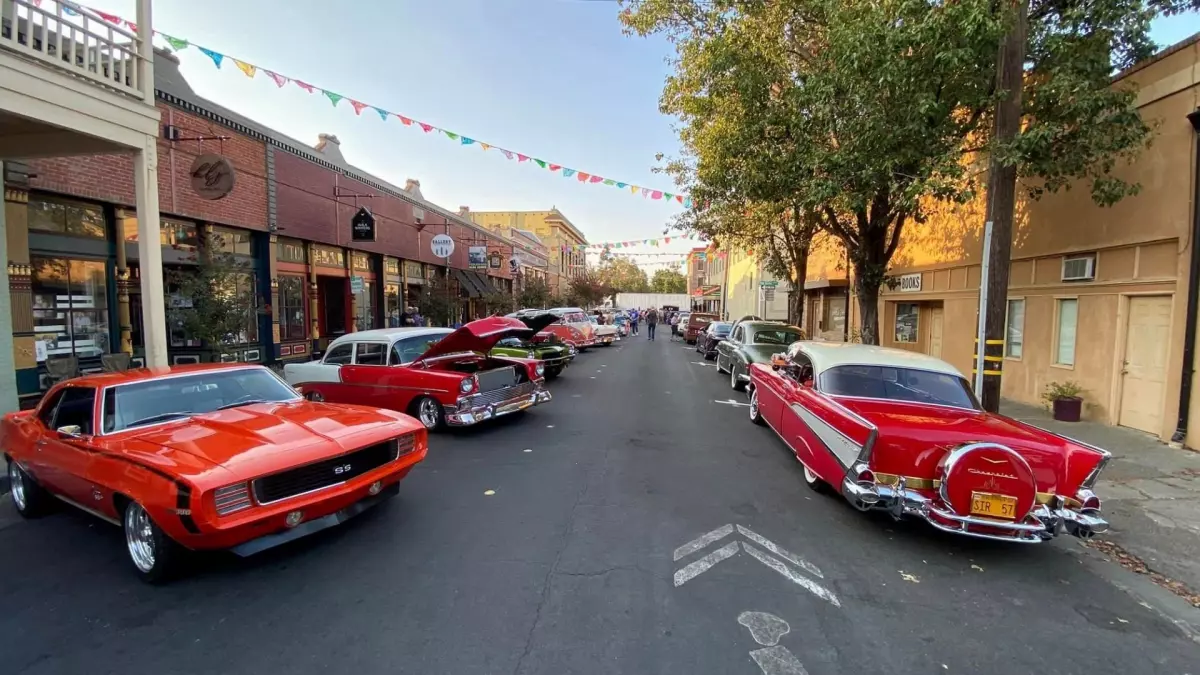 Caption: California is considering instituting "zero-emission zones" for classic cars.
Caption: California is considering instituting "zero-emission zones" for classic cars.
California, known for its rich car culture and iconic classic cars, is now facing a potential restriction that has left car enthusiasts concerned. The state is contemplating the implementation of "zero-emission zones," which could drastically impact the use and enjoyment of classic cars.
In a recent development, the California Air Resources Board (CARB) sent a survey to owners of classic cars from model year 1978 or earlier. The questions aimed to gather information about how these cars are utilized, stored, and driven, including details like mileage on their odometers. This move has raised eyebrows among car enthusiasts who still reside in the Golden State, as it signals a concerning trend towards increasing authoritarian measures by government agencies.
California has always been at the forefront of the automotive industry, with its own unique car culture and a vibrant community of car enthusiasts. However, the proposed restrictions on classic cars threaten to erode the spirit of individual expression and personal freedom that once defined the state's car culture.
This isn't the first time CARB has suggested measures like this. In 2019, they proposed allowing local jurisdictions to establish zero-emissions zones, similar to the ULEZ zones in London. These zones use plate readers to monitor and fine individuals who violate emission standards. If California adopts a similar approach, the impact on car culture could be significant.
The justification for these restrictions stems from concerns about climate change. While it is essential to address environmental issues, some argue that targeting classic cars may be misguided, considering the vast emissions produced by other sectors like aviation and manufacturing. Critics question whether singling out classic cars is an effective solution or simply a convenient scapegoat.
California has set an ambitious goal of achieving net-zero carbon emissions by 2045. In pursuit of this target, further restrictions on classic cars seem inevitable. However, it is crucial to strike a balance between environmental sustainability and preserving the heritage and passion associated with classic car ownership.
As car enthusiasts anxiously await the outcome of these deliberations, it is essential to remember that classic cars are not solely responsible for climate change. They represent a cherished part of our history and culture, and their preservation should be approached with careful consideration. Let's hope that California finds a way to protect the environment while also safeguarding the legacy of classic cars for future generations.

















